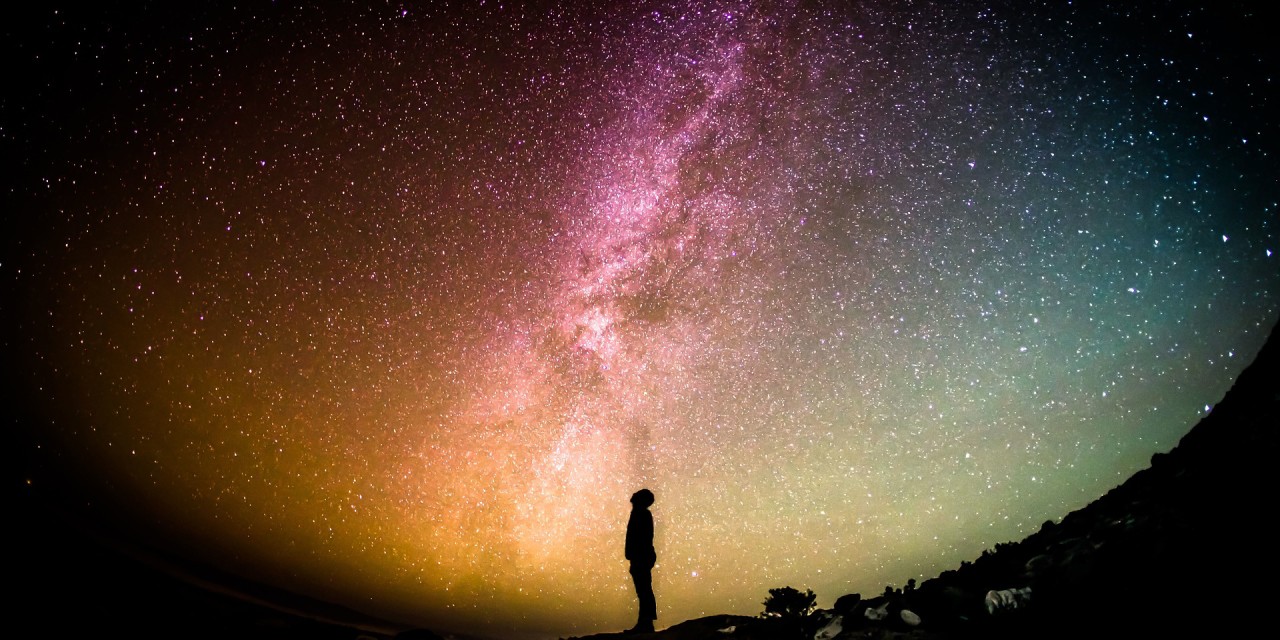I’ve never been to Paris in December, but I imagine if there, in spite of the cold, my sight would be captivated by the shorter winter days, and the holiday lights enhancing the already illuminated metropolitan skyline. Hopefully, this December especially, all eyes will be on Paris; it will be a big month in the city of lights.
The 2015 United Nations Climate Change Conference is due to meet there from November 30th to December 11th with the aim of accomplishing a universal, legally binding agreement on climate from all nations in the world. It will be the 21st such annual meeting and the 11th meeting since the 1997 Kyoto Protocol. The Kyoto Protocol was developed based on the scientific knowledge that global warming exists and that it is caused by CO2 emissions related to human behavior.
While this treaty acknowledged common responsibility for human-caused climate issues, it differentiated between the responsibility and action needed on part of those developed countries historically responsible for a significantly larger carbon footprint than those less developed countries who frequently encountered the impact of CO2 emissions to a much greater extent. In this way, the treaty was written with the possibility of setting up circumstances for widespread human action to meet identified goals.
Unfortunately, not all countries entering into this agreement made binding targets in the first 15-year phase of the treaty, nor did all countries make binding target agreements in the Doha agreement, the second commitment period that began in 2012. In closing comments at the 2012 Doha conference, it was noted that the gap between committed countries’ action and what climate science tells us is needed to keep rising global temperatures below a 2 degree Celsius increase is ever-widening.
For those well-versed in analyzing variables that influence human behavior, it probably comes as no surprise that from 1997-2012 the non-binding targets of many countries in the first commitment phase of the protocol did not result in a meeting of goals, and subsequently, carbon emissions went up globally by 24% during that period. Without planned contingencies in place, these non-binding agreements left much of the change needed up to chance. As behavioral scientists and practitioners, we know that it is current contingencies that must be changed in order for desired behavior to change.
In Science and Human Behavior, in the chapter on “Designing a Culture”, Skinner (1953) writes about people’s social environment being the result of a complex series of events in which accident sometimes plays a prominent role and he asks questions relevant to current challenges, “Why should the design of culture be left so largely to accident? Is it not possible to change the social environment deliberately so that the human product will meet more acceptable specifications?” (p. 426). He later goes on to point out that often knowledge is classified into two types, that based in fact and that based on values.
Science, and in this particular case, climate science is based in fact, but it is the values of individuals that often influence and shape the culture around climate change. Relatedly, in the most comprehensive, replicated survey of American beliefs, knowledge, and values related to climate change conducted through theYale Project on Climate Change Communication (YCCC), Leiserowitz et al. (2014) conducted a study that identified six distinct audiences within the American public that fall along a spectrum of attitudes, beliefs, and reported behaviors about climate change and report variable engagement on related issues. The report purports to provide critical information that has the potential to be “leveraged by climate educators and communicators throughout American society, including local, state, and national governments, academic institutions, environmental organizations, businesses, faith groups, doctors and scientists, and the media” (Leiserowitz et al., 2014). This work demonstrates the variability of individual beliefs and values around causes of climate change and the need for action, despite the effects of anthropogenic climate change on ecosystems and human and animal populations being well established in the scientific community (Anderegg, Prall, Harold, & Schneider, 2010).
So where does that leave us, knowing that scientists share consensus, but individuals that makeup and carry forward our cultures do not?
Even if the Paris conference results in binding agreements, those commitments will not easily influence the values of citizens in cultures and societies as varied as the countries they reside in, unless there are contingencies put in place that influence behaviors across nations and sectors of society and at some point those behaviors become true measures of individual values. Certainly, we’ll be off to a better start if the upcoming negotiations in Paris result in binding, international commitment to reducing CO2 emissions, rather than not, but even with such an agreement, there still remains the challenge of gaining traction and engaging in collective action as a global community.
As behavioral scientists and practitioners, we can contribute the science of human behavior to identify which environmentally relevant practices are most effective in fostering improved stewardship and adaptation to our environment and changed climate conditions and identify those contingencies needed to build a culture that ensures the longevity of our ecosystems and species. We have an opportunity, and I would venture to say, an obligation even, to apply our science to ensure that the cultural history we create, and the environmental practices we adopt do not occur by accident, but by design.
REFERENCES
Anderegg, W.R.L., Prall, J.W., Harold, J. & Schneider, S.H. (2010). Expert credibility in climate change. Proceedings of the National Academy of Science Early Edition.
Leiserowitz, A., Maibach, E., Roser-Renouf, C., Feinberg, G., Rosenthal, S., & Marlon, J. (2014) Climate change in the American mind: Americans’ global warming beliefs and attitudes in November 2013. Yale University and George Mason University. New Haven, CT: Yale Project on Climate Change Communication.
Skinner, B.F. (1953). Science and human behavior. New York: Macmillan.









